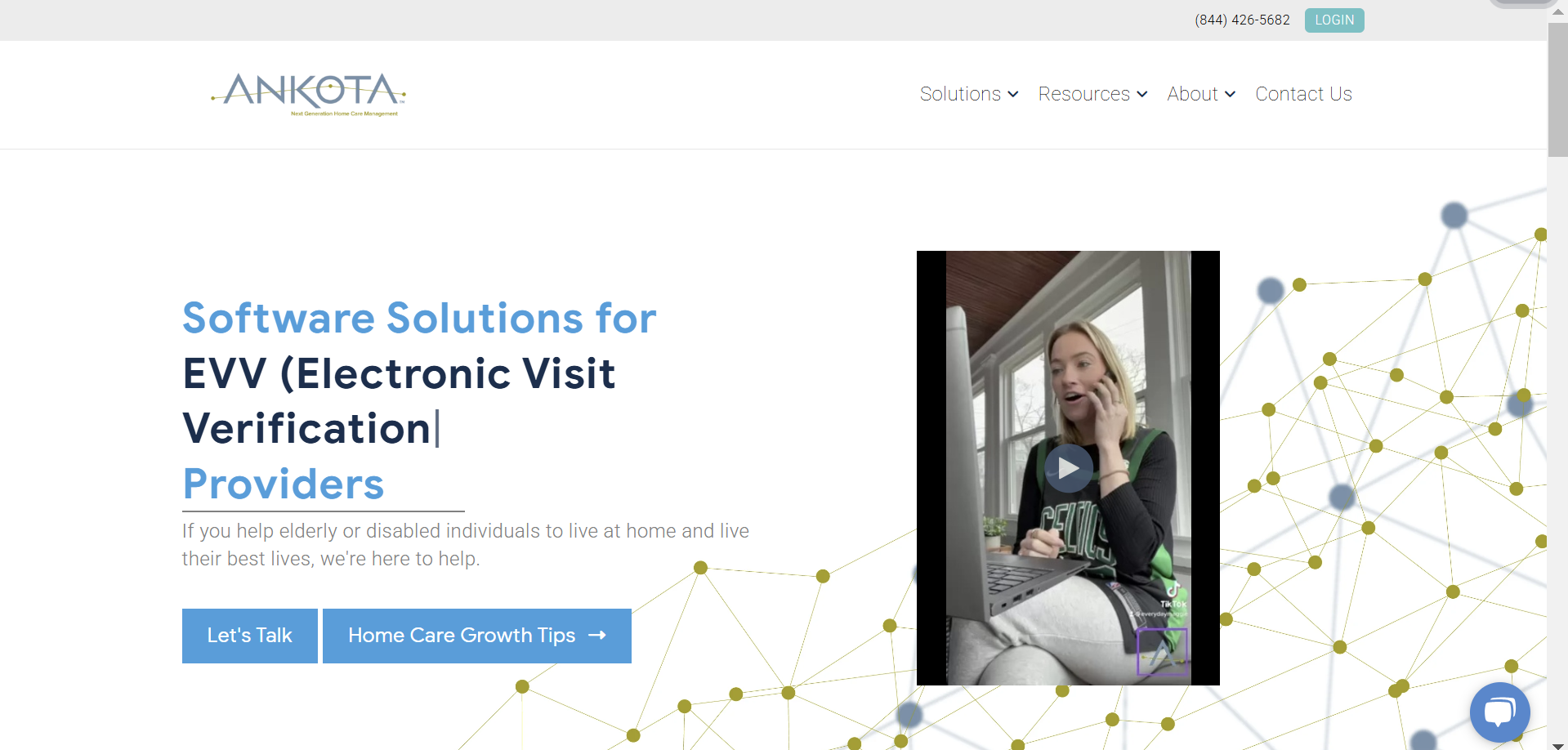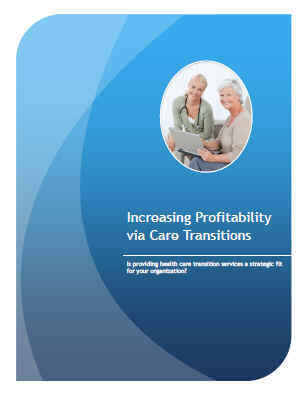
.png)
.png)



Ankota offers end-to-end solutions for managing care delivery for older or disabled people in their homes and in day facilities. Additionally, some of Ankota's solutions can be unbundled modular components for companies that have home-grown or best of breed components but need additional add on capabilities.
Home Care, Day Services and Disability Services will continue to be among the most important industries wordwide for the next 2 to 3 decades. The resources provided here are designed to help you learn and grow. Thanks for being home care heroes and day service stars
Ankota creates software for organizations that keep older and disabled people living at home. Our primary products are software for Home Care, Electronic Visit Verification, Adult Day Services, and Long Term Supports and Services (LTSS) for people with Intellectual, Development Disabilities. We also support other players in this ecosystem like PACE programs, Area Agencies on Aging (AAAs), Centers for Independent Living (CILs) and more

If you've come to this article, you're likely to have an elder family member or friend who is either temporarily or permanently struggling to live safely on their own and you're wondering what you can do to help them. This post is a survey of options for you to consider for the care of Americans over age 65. What you choose depends on the person's physical condition, available finances, and support. Note to our regular readers, this post is intended to help the consumers who come to our site. We wanted to have a resource to help them get started. If you can help improve the content, please let us know and we'll do it.
own and you're wondering what you can do to help them. This post is a survey of options for you to consider for the care of Americans over age 65. What you choose depends on the person's physical condition, available finances, and support. Note to our regular readers, this post is intended to help the consumers who come to our site. We wanted to have a resource to help them get started. If you can help improve the content, please let us know and we'll do it.
 providers. There are "telecare" systems that very inexpensively monitor your loved-one's home and activities from afar. One is provided by BeClose. There's even a national cohousing network to try to pair people together to enable living with companionship at a lower cost.
providers. There are "telecare" systems that very inexpensively monitor your loved-one's home and activities from afar. One is provided by BeClose. There's even a national cohousing network to try to pair people together to enable living with companionship at a lower cost.Get the help you need to make informed decisions. Seek out your local council on aging, the primary care physician, or professional care managers to assess the available options for your loved ones.
Ankota provides software to improve the delivery of care outside the hospital. Today Ankota services home health, private duty care, DME Delivery, RT, Physical Therapy and Home Infusion organizations, and is interested in helping to efficiently manage other forms of care. To learn more, please visit www.ankota.com or contact Ankota

Ken is the founder and CEO of Ankota, a company that helps any organization that helps older or disabled people live independently in their home of choice. Having grown up with a disability and a passion for healthcare, this is Ken's mission

.png)
.png)



Form Optimizing schedules to powering Kota Companion, AI is woven throughout our platform to make care smarter, safer, and more connected.


Trusted by home care agencies nationwide
